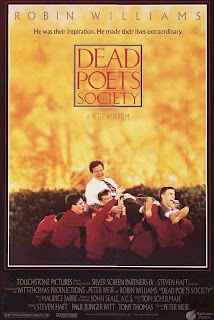The Da Vinci Code
Call No: PN1995.9.S87 D3 2006
Every once and a while, a bandwagon full of people comes along with some new book or show that everybody absolutely loves and everyone else must see. That was how I was unfortunately introduced to The Da Vinci Code. The fastest way to turn me off of a book or movie is to tell me that it’s the greatest thing ever written/filmed/watched, etc (my only exception is top 100 film lists, collaborated from dozens of people). I like to have a reason to sit down and watch a movie, be it the actors, writers, directors, plot or just general interest. If you’re one of my closest friends, you learn that the best way to get me to read a book or watch a movie is to give me a bit of the plot and let curiosity gnaw away at me until I finally track it down. That was how my housemate and close friend got me to watch The Da Vinci Code.
“It’s not bad,” she’d said, “You know, huge religious conspiracy that could threaten Christianity.” Then she said the magic words: “Also, it’s got Tom Hanks and Paul Bettany.”
I haven’t been disappointed by them yet, so needless to say, I gave it a shot.
Almost everyone knows the premise: For thousands of years, an underground society has protected a great secret, one that would throw into question the entire foundation of Christianity. Caught in the middle of a war over the vital information are Robert Langdon (Hanks) and his newfound ally Sophie Neveu. The two must work together to stay alive and decode the clues to lead them to the truth, before someone gets to them first.




















